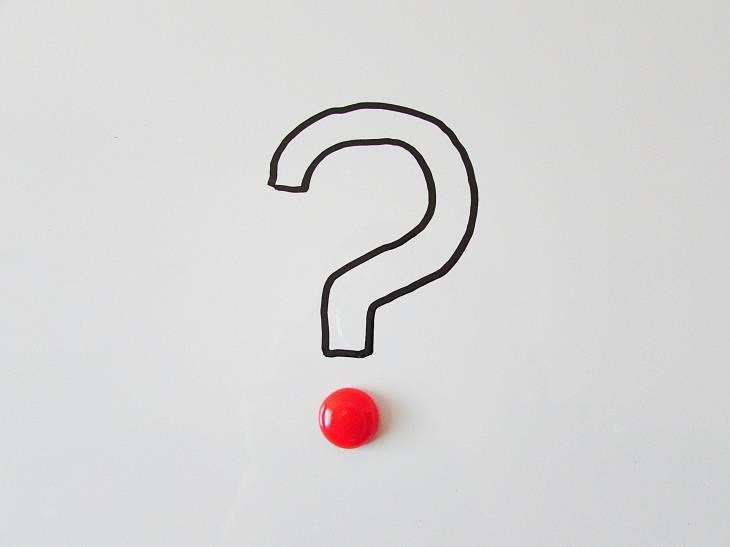As a business owner you are responsible for keeping track of your turnover every month if you are getting close to the VAT registration threshold as you must register within 30 days of reaching the current threshold of £85,000. You need to track your trading income (not grants) over a consecutive 12 month period not over the 12 months of your financial year. If you pay for Google Ads these costs must be included in your calculation of income as they form part of your turnover as well as being a cost.
You need to understand the VAT implications of what you sell. Sales which are zero rated are a rate of VAT of 0% and are included in your calculation to identify if you have reached the threshold for VAT registration. You don't ignore them and add up only the products which would be at 20%. The only rate of VAT you ignore when calculating whether you should be VAT registered are VAT Exempt sales and there are very few of those.
You do not charge VAT if you are not VAT registered but if you are and some of the product you sell are standard rate for VAT (20%) then you must charge VAT on those particular products. When you register for VAT it is your responsibility to know what rate of VAT to charge on the sales you make. In most businesses it will always be 20% but n the food and catering industry, for example, the rate of VAT to be charged varies depending on what is being sold and how it is being consumed. It is therefore vital for business owners in this industry to fully understand the VAT treatment of the items they sell.
HMRC provide a list of VAT rates for different goods and services which you can access on their website.
Businesses which sell only, or mostly, zero rated products may find it advantageous to voluntarily register for VAT before they reach the threshold because that enables them to claim back VAT on all their purchases. If this was the case we would first look closely at the purchases the business generally makes and decide whether it would be worthwhile to be VAT registered. A business which sells mostly zero rated goods will purchase mainly zero rated materials and the only VATable purchases may be packaging, telephone bills, and services from VAT registered companies for example. The benefit against the additional work and/or cost must be identified before a decision is made on voluntary VAT registration.
However voluntary VAT registration prior to your fourth year of trading allows you to claim back VAT paid on set up costs if you still have those items.
Your bookkeeper should advise you whether it would be advantageous to become VAT registered below the threshold and, if so, which scheme would be most appropriate for your business. Once you reach the threshold you do not have a choice about registering. Your only choice at this stage is what VAT scheme to use.
You can find out more about VAT schemes from our blog.

